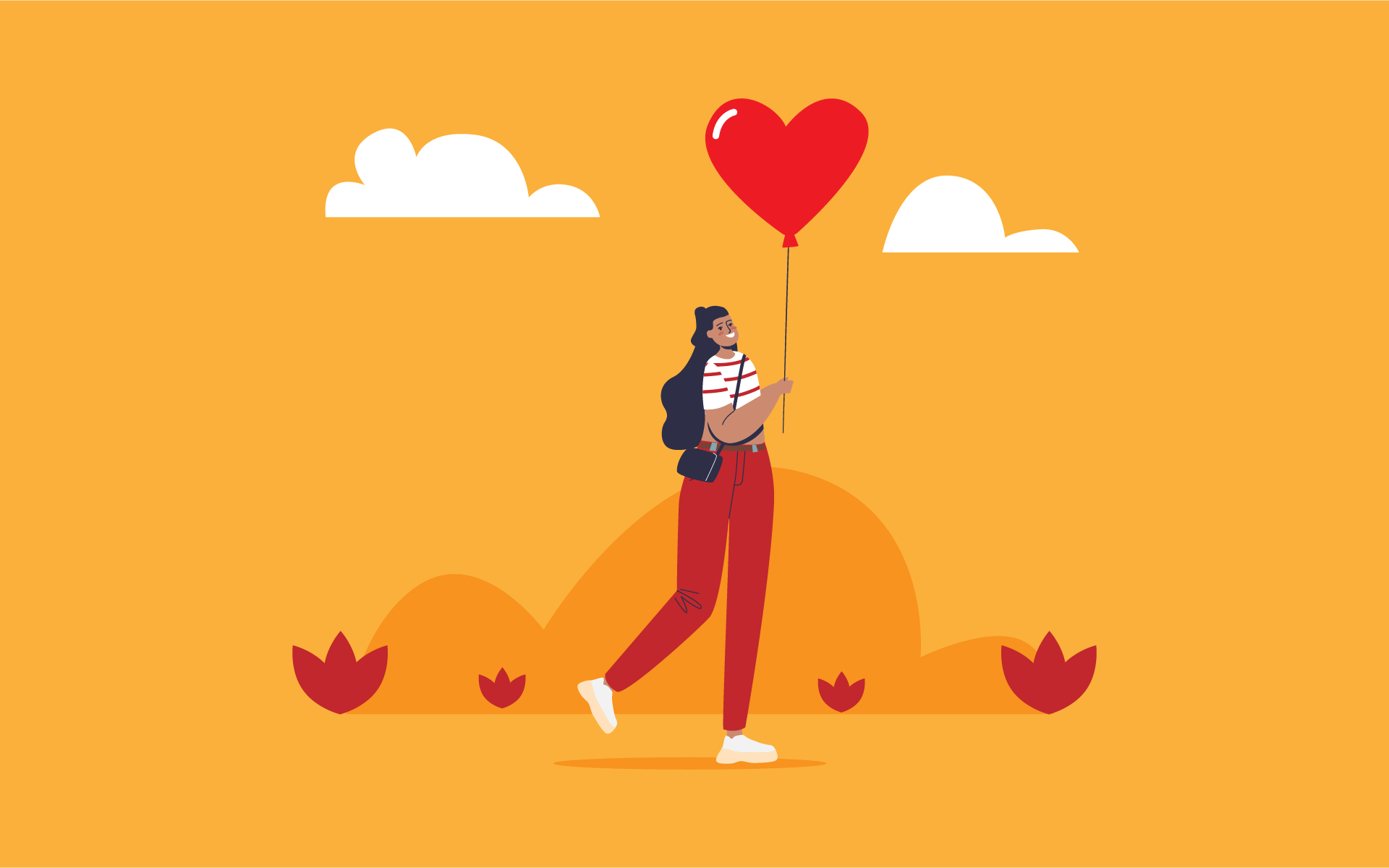I have always been unafraid to be alone or be seen alone. I can go to plays, movies or concerts alone and enjoy myself. I grew up with three brothers, and there were few activities I was allowed to do with them as I was a girl, so I grew accustomed to my own company.
My teenage years were spent finding activities like ice-skating, sports games, and concerts to attend, and asking one of my brothers not to accompany me but to drive me to the sites where these activities were taking place.
I quickly learned to socialise with whoever I met and understood that the connection was fleeting and would only last the day or night. I learned mostly to just enjoy the moment even when there was no one to share it with.
I learned to be observant of the sights around me, the details in the tiles, the way lights were hung, the architecture and most importantly which bartender was most likely to attend to me.
There were events I attended with my friends, but they would most of the time be with their partners. They started dating in our early teenage years while I waited until my early 20s for a relationship debut.
I honestly never understood the need for another person to be hovering around me in my space or for the need to eat together, but because of movies, social pressures and how my friends grew emotionally, I admired their relationships.
The relationships in my family were always portrayed as servitude largely on the women’s part. My aunts were loud and bold until their husbands came in then they would have to quickly change their demeanour. It could never be me.
The running trend between my friends and family’s relationships was the decision-making, which mostly involved both partners. I often wondered if this was not a threat to the independence of the two individuals.
I started engaging in serious relationships in my early 20s. My former partner would call me, ask me of my plans and at night check up to see if I followed through with the plans. While this was a way of him showing interest and care for my life, I found it stifling.
I didn’t know what it was like to leave my decisions on food and other activities to another person and so decided to stay single for a while.
I am now in a relationship where I constantly want to be involved in my partner’s plans. My partner is a busy person, a writer and post-graduate student in the sciences. They barely have time left for our relationship as they travel to seminars and write articles for various platforms.
I recently fetched them from the airport on a Sunday with a biting breeze cutting through the air. I had driven two hours early to the airport and realised my excitement at seeing my partner after not seeing them for two weeks would be costly.
I decided to drive around the airport and discover new places as I was not prepared to pay an exorbitant amount for parking. In the two weeks they were away we communicated on almost everything and I wondered if I had lost myself as a reclined my car seat to take a nap at a free parking space.
I woke up an hour later feeling refreshed and I drove back to the airport just in time for their arrival. Once in the car, the question of where to eat came up. I knew indecision would ensue, but I enjoy motivating for places and at the same time am open to finding new places through my partner.
The greatest challenge in a relationship is not financial independence but emotional independence. How is one’s happiness defined outside of their partner? Maybe the perception of my aunts being servants to their husbands was wrong. Maybe it was simply a love language, and asking or offering input on a place to eat is not co-dependency.
I think we confuse value for usefulness, and this is why I am constantly available for my partner’s endeavours. I want to be valued but in doing so I should not lose myself. It is tough especially when you’re dating an independent person because it makes you question their own independence, but you do not lose it by simply availing yourself to the one you love.

Leave a Reply